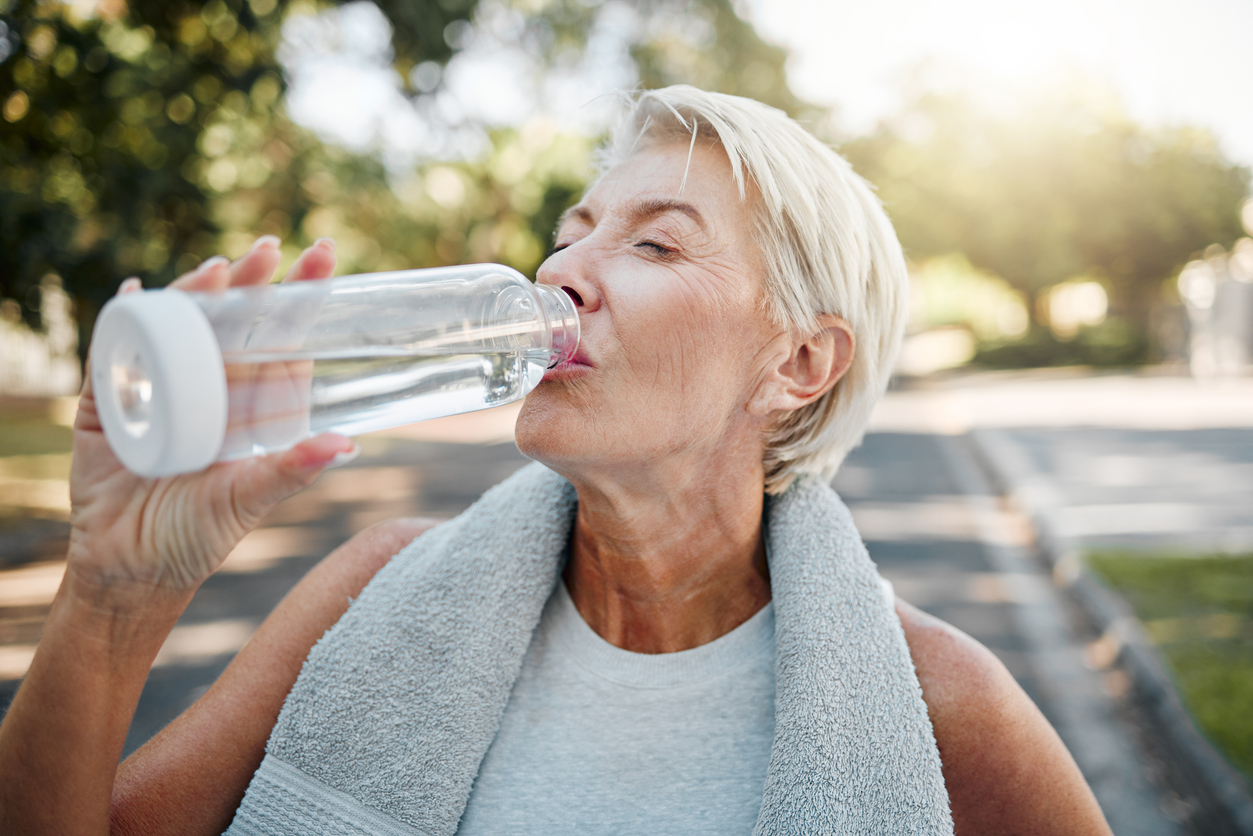
Staying hydrated is essential for overall health, yet many myths and misconceptions surround hydration. From how much water you need to what actually hydrates you, it can be confusing to separate fact from fiction. In this article, we’ll debunk common hydration myths and provide science-backed facts to help you stay properly hydrated every day.
Myth 1: You Must Drink 8 Glasses of Water a Day
One of the most widespread hydration myths is that everyone needs exactly eight glasses of water each day. This “8×8” rule has been widely repeated, but it’s not necessarily based on individual hydration needs.
Fact:
Your hydration requirements depend on several factors, including your age, activity level, climate, and diet. For instance, people who exercise regularly or live in hot climates will need more water than those who are sedentary or live in cooler environments. Additionally, hydration can come from foods and beverages beyond plain water.
Pro tip:
- Instead of fixating on a specific number, listen to your body. Thirst is a natural indicator that you need more water, and monitoring your urine color (it should be pale yellow) is a good way to ensure proper hydration.
Myth 2: Only Water Can Hydrate You
Many people believe that water is the only beverage that can hydrate you effectively. While water is a great choice for hydration, it’s not the only option.
Fact:
Other fluids like tea, coffee, milk, and even certain foods can contribute to your daily hydration. Fruits and vegetables with high water content, such as watermelon, cucumbers, and oranges, can also help keep you hydrated. While caffeinated drinks like coffee and tea have mild diuretic effects, they still contribute to your overall fluid intake.
Pro tip:
- Incorporate hydrating foods like cucumbers, celery, and water-rich fruits into your diet to boost hydration without relying solely on drinking water.
Myth 3: You Should Drink Water Constantly, Even if You’re Not Thirsty
Some sources claim that by the time you feel thirsty, you’re already dehydrated. This has led many people to believe they should drink water constantly, even when they’re not thirsty.
Fact:
While it’s true that thirst is a sign that your body needs water, it doesn’t necessarily mean you’re severely dehydrated. Thirst is the body’s natural mechanism for maintaining fluid balance, and drinking when you’re thirsty is generally enough to keep you hydrated.
Pro tip:
- Pay attention to your body’s signals. You don’t need to force yourself to drink water if you’re not thirsty, but do ensure you’re staying mindful of your hydration levels during exercise or in hot weather.
Myth 4: Clear Urine Means You’re Properly Hydrated
Many believe that clear urine is a sign of good hydration, but this is a common misconception. While urine color can be an indicator of hydration status, it doesn’t need to be completely clear.
Fact:
Pale yellow urine is a sign of proper hydration. Clear urine may indicate that you’re over-hydrating, which can flush essential electrolytes from your body. On the other hand, dark yellow or amber-colored urine can be a sign of dehydration.
Pro tip:
- Aim for urine that’s light yellow. If your urine is consistently clear, you may want to reduce water intake slightly, especially if you’re experiencing symptoms like headaches or fatigue from overhydration.
Myth 5: Drinking Cold Water is Bad for You
Some myths suggest that drinking cold water, especially after exercise or with meals, is harmful to digestion or can lead to illnesses like colds or sore throats.
Fact:
There is no scientific evidence to support the idea that cold water is bad for digestion or overall health. In fact, drinking cold water can be refreshing and may help cool your body down after physical activity. For most people, the temperature of the water they drink is a matter of personal preference.
Pro tip:
- Drink water at the temperature you enjoy most. Whether it’s room temperature or ice cold, the important thing is that you’re staying hydrated.
Myth 6: Sports Drinks Are the Best Way to Rehydrate After Exercise
Sports drinks are often marketed as the ultimate solution for rehydration after intense workouts, but they’re not always necessary or the healthiest option.
Fact:
While sports drinks can be beneficial for athletes engaged in prolonged, high-intensity exercise (over 90 minutes), most people can rehydrate with water alone. Sports drinks contain added sugars and electrolytes, which are helpful in replenishing lost minerals during intense exercise, but they’re often unnecessary for moderate workouts.
Pro tip:
- Stick to water for everyday workouts or opt for a homemade electrolyte drink (e.g., water with a pinch of salt and a splash of fruit juice) if you need to replenish electrolytes after a long workout.
Myth 7: Drinking Lots of Water Can Flush Out Toxins
It’s commonly believed that drinking excessive amounts of water can flush toxins from your body, leading to better health and clearer skin. However, this is a misunderstanding of how the body works.
Fact:
Your kidneys are responsible for filtering toxins from your blood, and they do this efficiently regardless of how much water you drink. While staying hydrated is important for overall kidney function, drinking excessive amounts of water won’t significantly increase your body’s ability to detox. In fact, overhydration can lead to an electrolyte imbalance, which can be harmful.
Pro tip:
- Focus on maintaining a balanced diet and drinking an appropriate amount of water for your needs. Your kidneys and liver do the detoxing work for you, so extreme water intake isn’t necessary.
Myth 8: You Don’t Need to Drink as Much Water in Cold Weather
Many people believe they only need to stay hydrated when it’s hot or when they’re sweating. However, hydration is just as important in cold weather.
Fact:
In cold weather, your body loses moisture through respiration, especially during outdoor activities. Cold air can also lead to dry skin and dehydration, so it’s essential to drink water even when you’re not feeling hot or sweaty.
Pro tip:
- Keep a water bottle with you during cold-weather activities like skiing, hiking, or even commuting in the winter. Hydrate regularly to avoid dehydration, even in the colder months.
Staying hydrated is essential for maintaining your health, but it’s important to separate myths from facts. Hydration doesn’t have to be complicated—listen to your body, incorporate a variety of hydrating foods and drinks, and aim for balanced water intake based on your activity level and environment. With these tips, you can ensure that you’re staying properly hydrated without falling prey to common myths.







